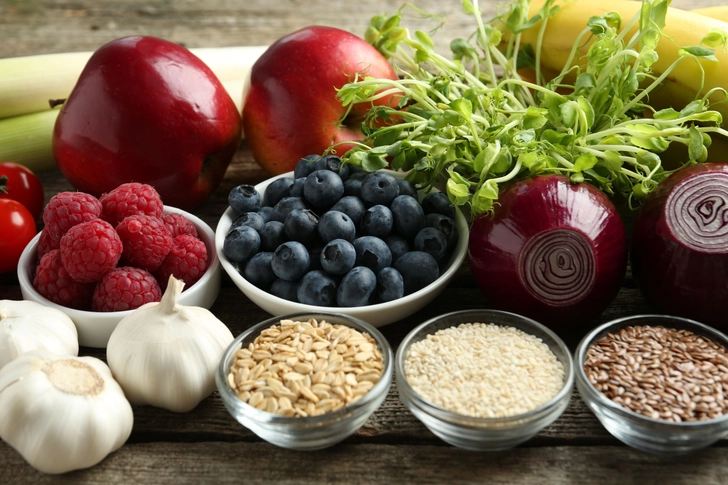The Role of Probiotics in Ulcerative Colitis


Ulcerative Colitis Probiotics
Many people with ulcerative colitis take probiotics like E. coli Nissle and VSL#3 to improve their gut health. These live microorganisms help “good” bacteria grow in your intestine and balance your gut. Probiotics won't cure your ulcerative colitis, but they can ease your symptoms.

How to Take Probiotics
You may need to take a high dose of probiotics consistently for several days or weeks. Probiotics work best when they avoid your stomach acid. Instead of swallowing them, you can take them rectally to help more good bacteria reach your intestines.


What Are Synbiotics?
Synbiotics combine probiotics and prebiotics to help probiotics live longer in your gut. While they sound promising, there's no research that shows synbiotics can improve ulcerative colitis.

When to Talk to Your Doctor
If you're interested in taking probiotics or prebiotics for your ulcerative colitis symptoms, it’s important to consult your doctor first. They can help you understand what’s best for your health needs and set you on the right treatment path.

Why Is More Research Important?
While probiotics and prebiotics are usually considered safe, they don't work for everyone. More research is still needed. Always seek medical advice and stay informed about the latest research to make the best decisions for your health.
PHOTO CREDITS:
Slide 1 - insta_photos / Shutterstock
Slide 2 - FOTOGRIN / Shutterstock
Slide 3 - New Africa / Shutterstock
Slide 4 - FOTOGRIN / Shutterstock
Slide 5 - fizkes / Shutterstock
Slide 6 - THICHA SATAPITANON / Shutterstock
SOURCES:
National Institute of Diabetes and Digestive and Kidney Diseases: "Ulcerative Colitis."
Academy of Nutrition and Dietetics: “Prebiotics and Probiotics: Creating a Healthier You.”
ClinicalTrials.gov: "Ulcerative Colitis Relapse Prevention by Prebiotics."
Gastroenterology Hepatology: "Probiotics in the Management of Ulcerative Colitis."
Columbia University Irving Medical Center Department of Surgery: “What You Need to Know About Prebiotics.”
Mayo Clinic: "What are probiotics and prebiotics?"
Current Pharmaceutical Design: "Can Probiotics Cure Inflammatory Bowel Diseases?"
Gut: "Probiotics for Crohn's disease: what have we learned?"
Journal of Clinical Medicine: “Probiotics, Prebiotics and Synbiotics in Inflammatory Bowel Diseases.”
Cleveland Clinic: “Prebiotics vs. Probiotics: What’s the Difference?”
Mayo Clinic: “Making sense of probiotics and prebiotics – what we know, have yet to learn.”
Crohn’s and Colitis Foundation.